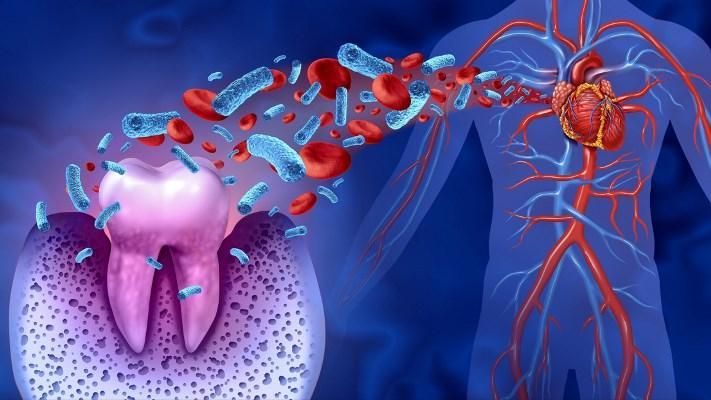A study conducted by Japanese scientists found that the common oral pathogen Porphyromonas gingivalis may worsen post-infarction myocardial fragility.

Researchers from the Tokyo Medical and Dental University have added to the literature linking periodontal disease and cardiovascular disease by confirming that the oral pathogen Porphyromonas gingivalis increases complications from myocardial infarction. The pathogen was found in 86% of samples with chronic periodontal diseases. Researchers believe that early treatment of the disease can help reduce the risk of fatal cardiovascular complications.
“P. gingivalis has been shown to enhance post-infarction myocardial fragility, but the mechanisms underlying this effect remain unknown,” lead study author Dr. Yuka Shiheido-Watanabe said in a university press release.
The researchers engineered P. gingivalis without gingipain, a key virulence factor known to prevent programmed cell death, and used the bacterium to infect heart muscle cells in rats and mice.
“The results were very clear,” commented study co-author Dr. Yasuhiro Maejima. “The viability of cells infected with a mutant bacterium that lacked gingipain was much higher than that of cells infected with a wild-type bacterium. In addition, the consequences of myocardial infarction were significantly more severe in mice infected with wild-type P. gingivalis than in mice infected with mutant P. gingivalis, which lacked gingipain,” explained Dr. Maejima.
“Our research results indicate that infection with gingipain-producing P. gingivalis leads to excessive accumulation of autophagosomes, which can lead to cellular dysfunction, cell death and ultimately cardiac rupture,” concluded Dr. Shiheido-Watanabe.
